

Concrete bolts are specialized fasteners designed to create strong, reliable connections in concrete. Choosing the right type of bolt, understanding proper installation techniques, and knowing load-bearing capacities are crucial for ensuring safe and secure anchoring in concrete structures. This guide provides a detailed overview of concrete bolts, covering different types, installation methods, and key considerations for selecting the best option for your specific application.Understanding Concrete BoltsWhat are Concrete Bolts?Concrete bolts are anchors used to fasten objects to concrete. Unlike traditional screws or nails, they are designed to grip and hold securely within the dense, hard material of concrete. They come in various designs and materials, each offering different strengths and suitable for specific load requirements and environmental conditions.Types of Concrete BoltsThere are several main types of concrete bolts, each with its own advantages and applications: Sleeve Anchors: Sleeve anchors are a popular choice due to their ease of installation and high holding power. They consist of a bolt, a sleeve, a nut, and a washer. As the bolt is tightened, the sleeve expands against the walls of the drilled hole, creating a strong anchor. Wedge Anchors: Wedge anchors are heavy-duty anchors designed for applications requiring high tensile strength. They feature a wedge clip that expands as the bolt is tightened, providing a secure grip in the concrete. Tapcon Screws: Tapcon screws are self-tapping concrete bolts that are installed directly into a pre-drilled hole. They are known for their ease of use and are suitable for lighter-duty applications. Hebei Muyi Import&Export Trading Co.,Ltd provides high-quality Tapcon screws at competitive prices. Check out their website for details. Drop-In Anchors: Drop-in anchors are internally threaded anchors that are set into the concrete using a setting tool. A bolt is then threaded into the anchor to secure the fixture. They are ideal for applications where a flush surface is required. Chemical Anchors (Epoxy Anchors): Chemical anchors use a resin or epoxy adhesive to bond the bolt to the concrete. This type of anchor provides extremely high holding power and is suitable for heavy-duty applications and cracked concrete.Selecting the Right Concrete BoltFactors to ConsiderChoosing the right concrete bolt depends on several factors: Load Requirements: Determine the weight and stress the anchor will need to support. Consider both static and dynamic loads. Concrete Type and Condition: The type and condition of the concrete (e.g., cracked, uncracked, lightweight) will affect the anchor's holding power. Environmental Conditions: Consider whether the anchor will be exposed to moisture, chemicals, or extreme temperatures. Installation Requirements: Some anchors are easier to install than others. Consider the tools and expertise required for each type. Anchor Spacing and Edge Distance: Minimum spacing and edge distance requirements must be met to ensure the anchor's integrity and prevent concrete breakout.Load Capacity Charts and SpecificationsAlways refer to the manufacturer's load capacity charts and specifications when selecting concrete bolts. These charts provide information on the anchor's tensile strength, shear strength, and pull-out strength under various conditions. For example, a typical 3/8' sleeve anchor in 3000 PSI concrete might have a tensile strength of 2000 lbs and a shear strength of 2500 lbs. *Always consult the manufacturer's data sheet for specific values.*Example load capacity chart (values are illustrative and should not be used for actual design): Anchor Type Diameter (in) Tensile Strength (lbs) Shear Strength (lbs) Minimum Embedment (in) Sleeve Anchor 1/.25 Wedge Anchor 3/.0 Tapcon Screw 1/.0 Installation Procedures for Concrete BoltsGeneral StepsWhile specific installation steps vary depending on the type of concrete bolt, here are some general guidelines: Drill the Hole: Use a rotary hammer drill with a carbide-tipped bit of the correct diameter. Ensure the hole is deep enough to accommodate the anchor's embedment depth. Clean the Hole: Remove dust and debris from the hole using a brush and compressed air. This is crucial for ensuring proper bonding. Insert the Anchor: Insert the concrete bolt into the hole. For sleeve and wedge anchors, this usually involves tapping the anchor into place with a hammer. For drop-in anchors, a setting tool is required. Tighten the Anchor: Tighten the bolt or nut to the manufacturer's specified torque. This expands the anchor and creates a secure connection.Specific Installation Tips Sleeve Anchors: Ensure the sleeve is fully engaged with the concrete before tightening. Wedge Anchors: Do not overtighten, as this can damage the anchor or the concrete. Tapcon Screws: Use the correct size Tapcon drill bit and follow the manufacturer's instructions for drilling depth and screw insertion. Chemical Anchors: Follow the manufacturer's instructions carefully for mixing and applying the epoxy or resin. Allow sufficient curing time before applying load.Common Mistakes to Avoid Using the Wrong Anchor Type: Selecting the wrong anchor for the application can lead to failure. Drilling the Wrong Size Hole: An undersized hole will make installation difficult, while an oversized hole will reduce holding power. Failing to Clean the Hole: Dust and debris can prevent proper bonding. Overtightening or Undertightening: Improper torque can damage the anchor or reduce its holding power. Ignoring Edge Distance and Spacing Requirements: Insufficient edge distance or spacing can lead to concrete breakout.Maintenance and InspectionRegularly inspect concrete bolts for signs of corrosion, damage, or loosening. Tighten any loose bolts and replace any damaged anchors immediately. For critical applications, consider performing periodic pull-out tests to verify the anchor's holding power.Where to Buy Concrete BoltsConcrete bolts are available at most hardware stores, home improvement centers, and construction supply companies. You can also find a wide selection of concrete bolts online. Hebei Muyi Import&Export Trading Co.,Ltd is a reliable supplier of various types of concrete bolts. Visit their website for more information about their product offerings.By understanding the different types of concrete bolts, considering the factors that affect their performance, and following proper installation procedures, you can ensure safe and secure anchoring in concrete structures.Disclaimer: *The information provided in this guide is for general informational purposes only and does not constitute professional engineering advice. Always consult with a qualified engineer to determine the appropriate type and size of concrete bolt for your specific application.*

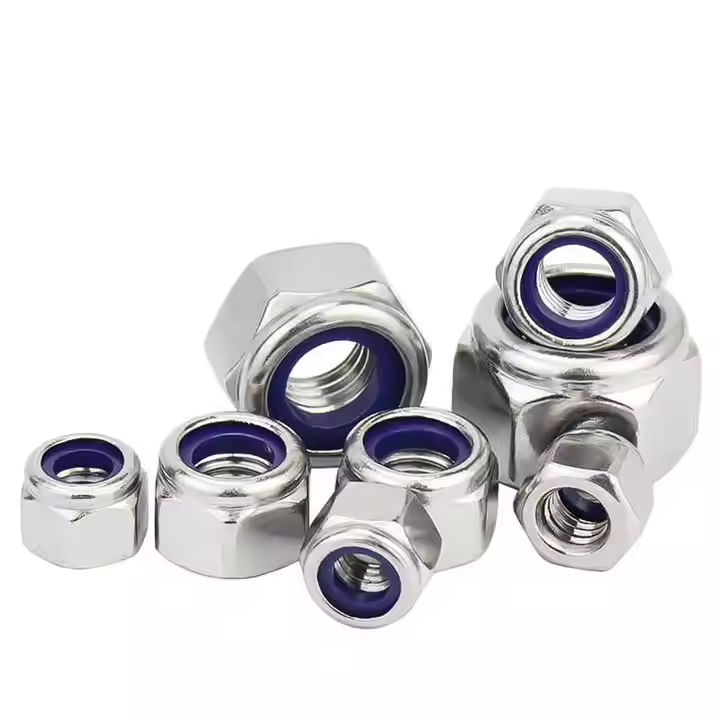
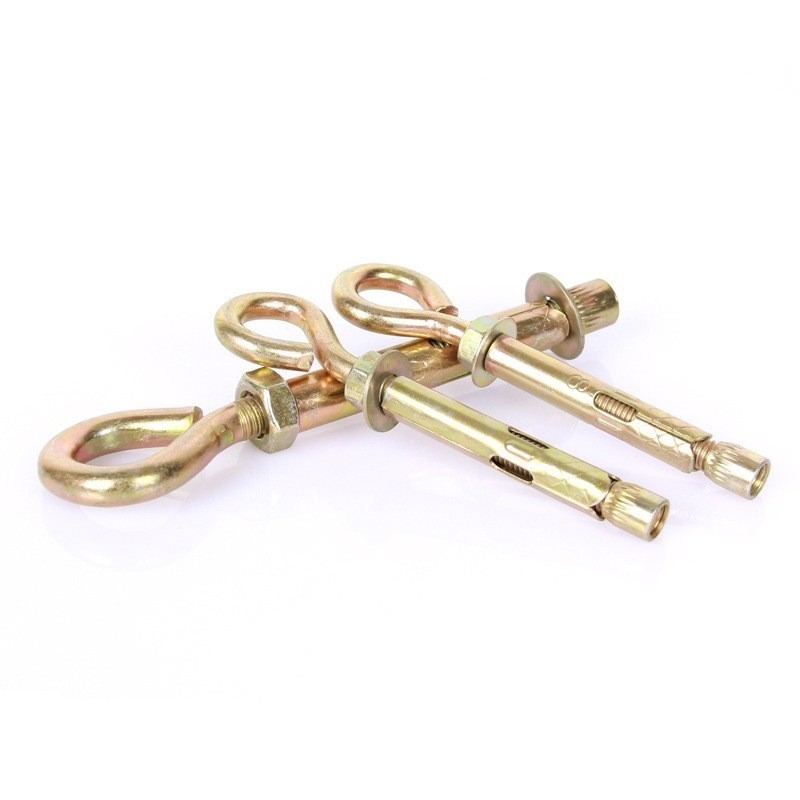
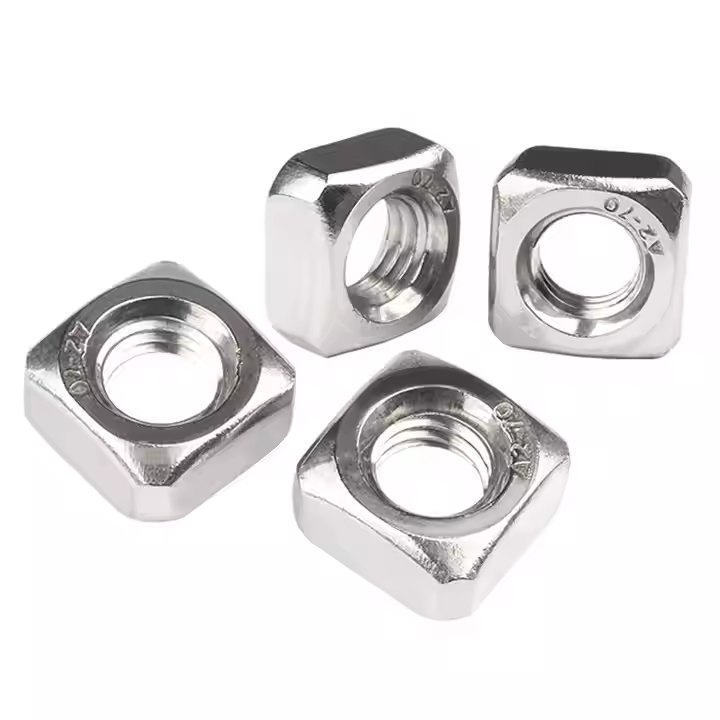
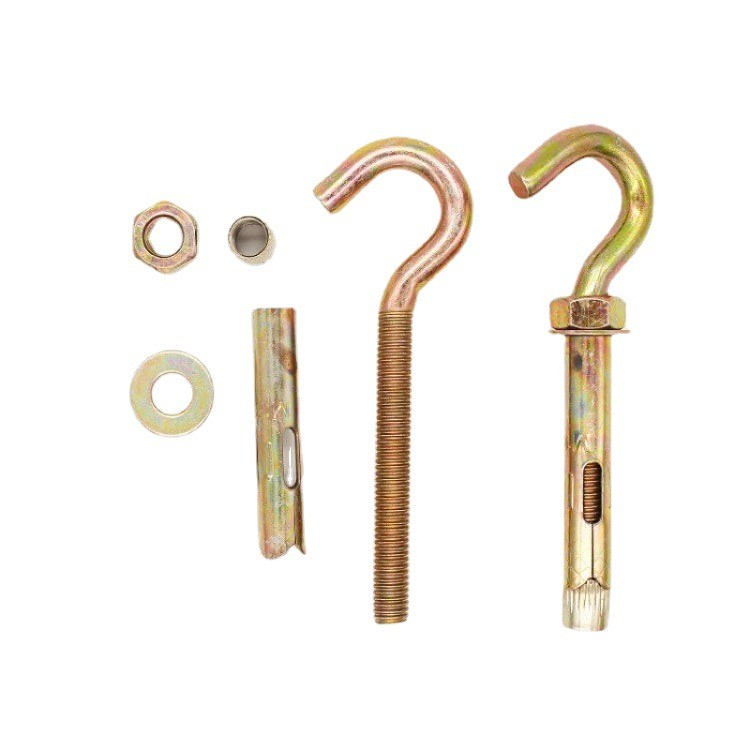
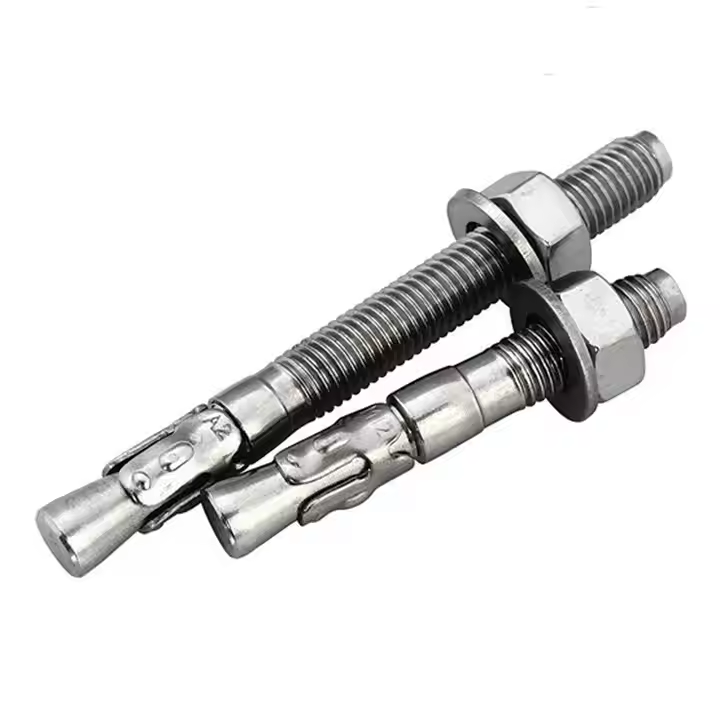
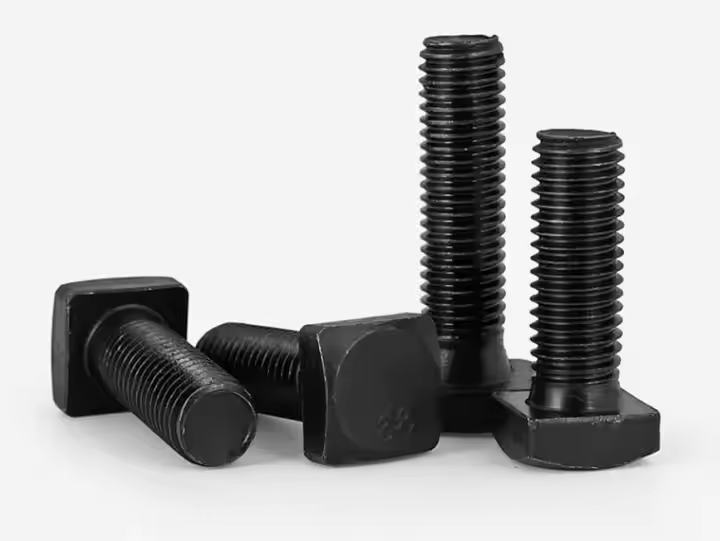
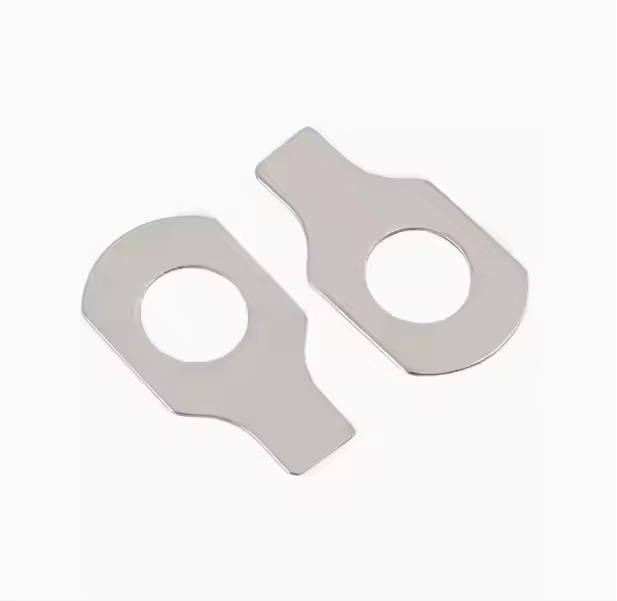

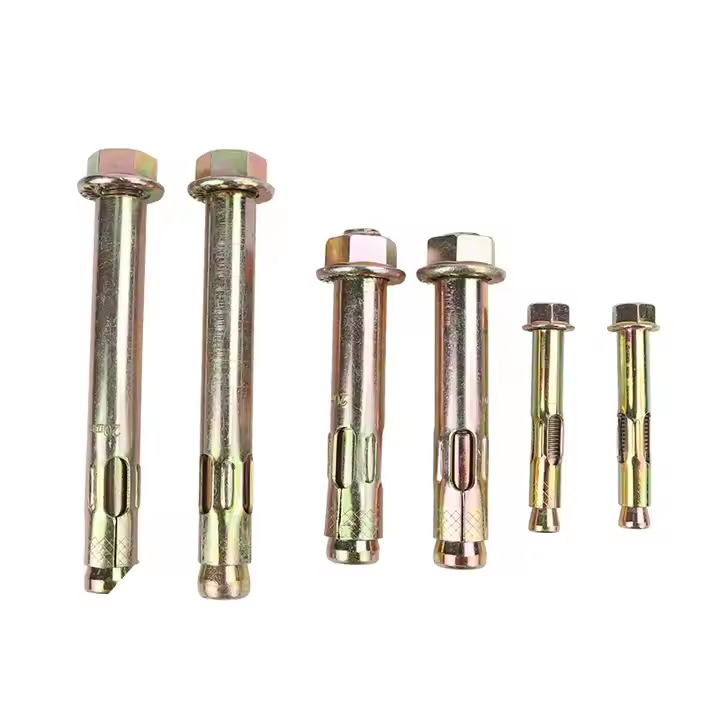
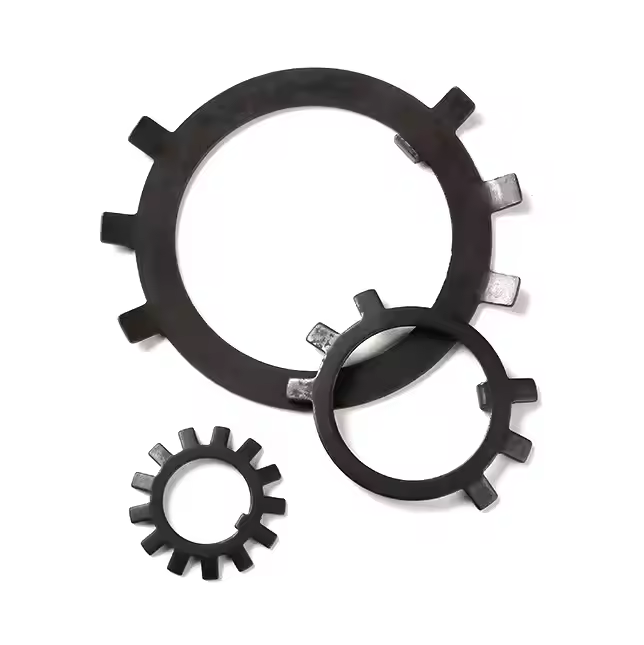
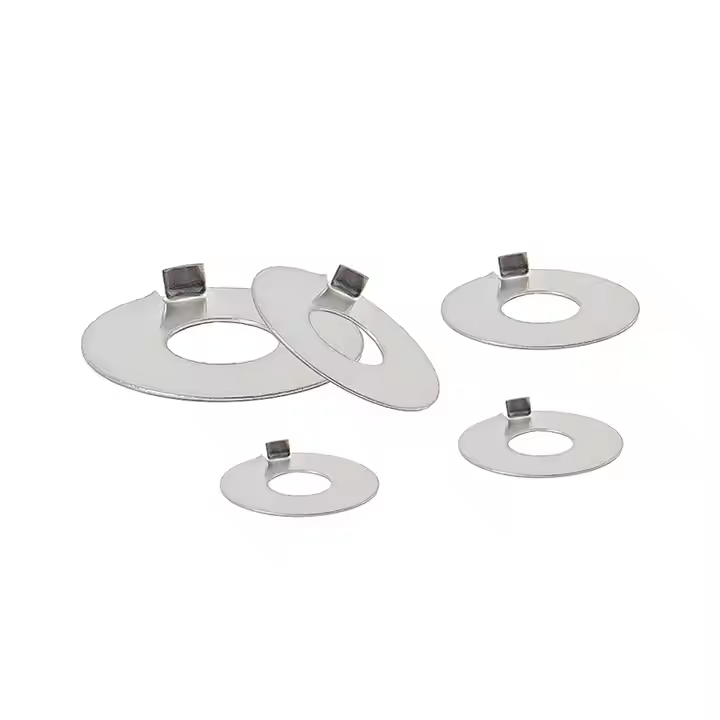
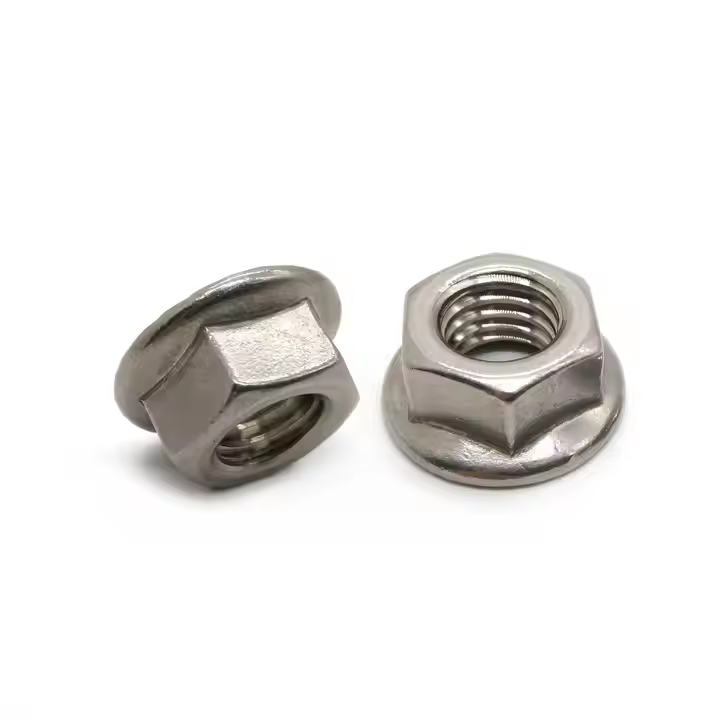
Please enter your email address and we will reply to your email.